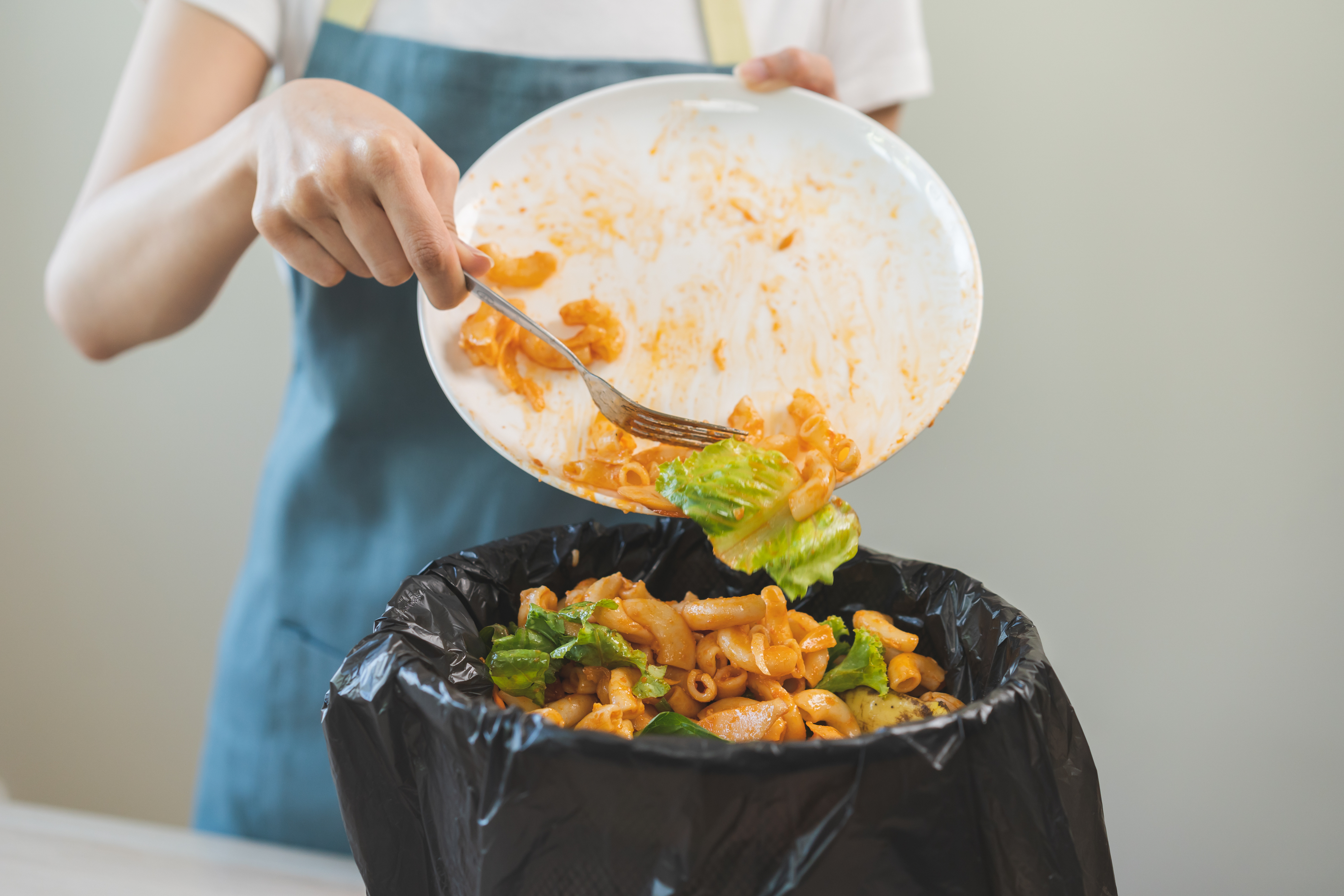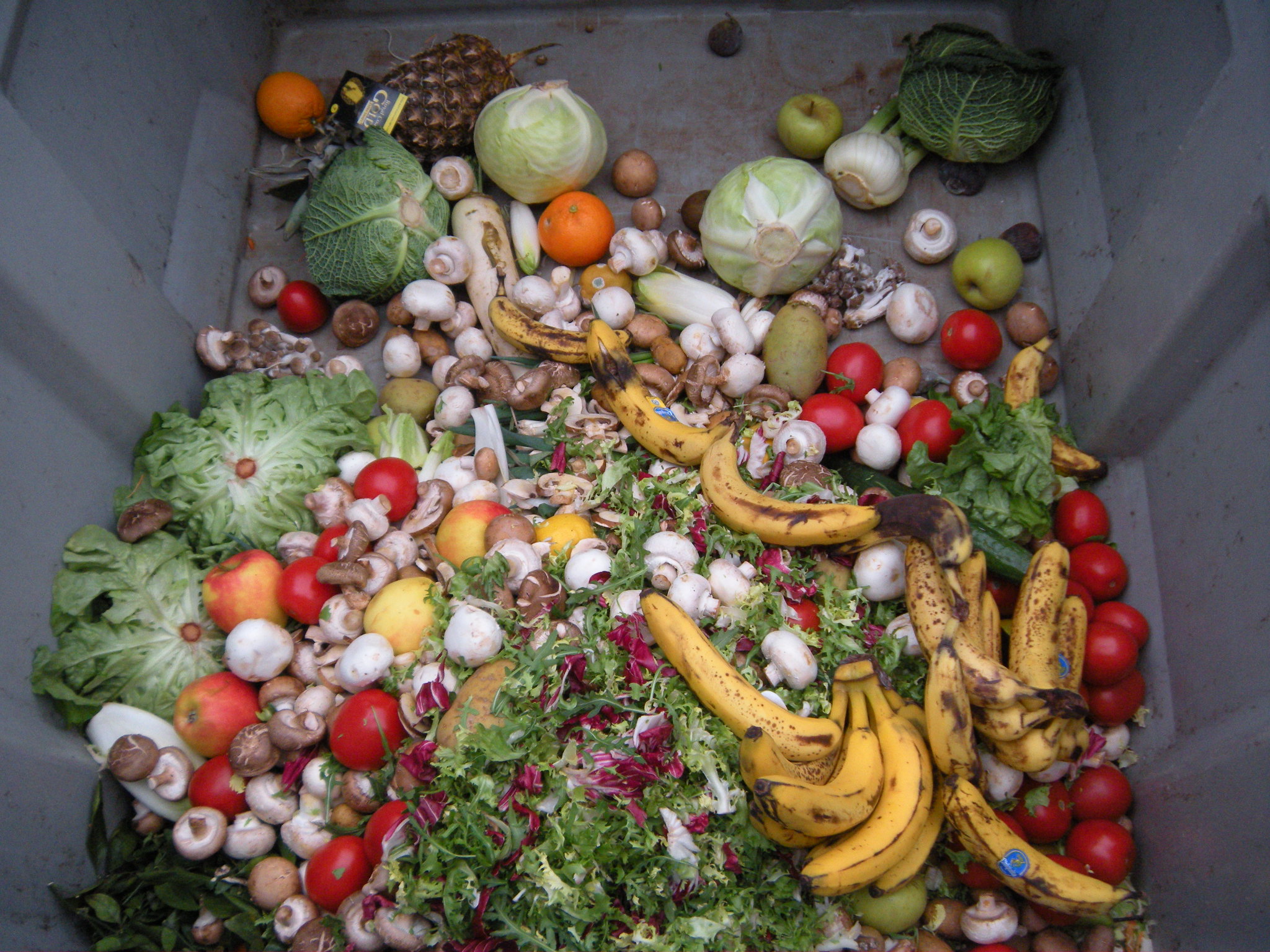Allan: Hey, Brian, thank you so much for taking the time to chat today. Before we move on, I just want let you know that this interview is part of my sustainability project on food waste issue at UCSB. And it'll be transcribed and included in my portfolio, not anonymous, but it's very casual, totally open conversation. Does that sound okay?
Brian: Yeah, for sure! No worries. I'm happy to help. Sounds interesting!
Campus Dining Experience
Allan: Okay, thank you bro, so to start us off, what's a regular meal experience like for you on campus? Like, which dining commons do you go to, like, and how do you usually decide what and how much to eat?
Brian: Most days I go to DLG or Carrillo, depending on where my classes are or who I'm meeting up with. I've been on the meal plan since freshman year, so I use it pretty much daily, definitely lunch and dinner, and sometimes breakfast if I'm up early. I kind of just walk in and look around. I don't go in with a plan or look at the menu beforehand.
Allan: I see, bro. So, do you stick to like one plate of food? Or do you like to try, like, different dishes in one meal?
Brian: It actually depends. If I'm super hungry, I'll just load up a plate with a bunch of food stuff all at once. Other times I'll grab something small to start with, and if I like it, I will go back for more, especially for ice-creams. But honestly, I usually grab a lot the first time just to avoid walking back and forth. Especially if there were new things I haven't tried before.
Allan: Yeah, I see. So like, it's sort of like: "take now, like, and decide later?"
Brian: Yeah, pretty much it is! It's not really intentional, but it's easy to just grab whatever looks decent. You figure, "Hey, I paid for this meal swipe, might as well try everything"
Understanding Food Waste Systems
Allan: Oh yeah, I agree with you. Yeah, thank you so much. And then let's move on to the next question. So, for me, I remember when I first arrived at our campus in my first year, I didn't know too much about where uneaten food ended up or what happened behind the scenes. So do you have that experience in your first year too?
Brian: Oh, for sure. I mean, when I moved in as a freshman, there was so much going on, like meeting people, figuring out class schedules, I didn't pay attention to the food system at all. I saw the big bins where you drop off your plates, but I never thought about what happened after that.
Allan: I see, so, were there any signs or orientation moments that explained it?
Brian: Maybe there were? But if there were, I definitely missed them. I don't remember anyone really explaining the food process, like whether leftovers get composted or donated, or what "compostable" even means. I think the assumption is that it's being handled by someone else, so students don't really worry about it.
Allan: Hmm, yeah, so like, that kind of "invisible process" makes it easier to disengage, right?
Brian: Yeah, if I don't see the waste, it doesn't feel like a big deal.
Personal Food Waste Habits
Allan: Yeah, okay. So, yeah, let's move on to talk about your own habits. Do you ever end up leaving food on your plate? Or and, what are some reasons behind it? Or like, would you mind like share some of them, like, at this time?
Brian: Definitely. I mean, I don't waste every meal, but it happens more than I'd like to admit. Sometimes the food just doesn't taste how I expected it to, like I'll grab some tofu or beef dish and it ends up being too salty, or kind of bland. Or sometimes I realize I was more thirsty than hungry, so I stop eating halfway.
Allan: Oh, that's interesting! Like, you know, the mismatch between what do you think, what do you want, and what you actually eat.
Brian: Yeah, exactly. And a big part of it is curiosity too. There's this feeling of "ooh, I want to try this and that," but when you stack four different dishes on your plate, it's easy to lose track of how much you're taking. Then you try a few bites and realize you don't actually like that.
Allan: Hmm, that's valid. Do you ever feel guilty when that happened?
Brian: Sometimes, yeah. But honestly, I think I've been kind of numb to it. It's so normal to leave behind half a serving or dump that side of mac and cheese that you didn't like. And when everyone around you is doing the same, it doesn't feel like a big deal, even if deep down you know it probably should.
Understanding Waste Systems
Allan: So when you scrape food into the compost bin, what do you think happens next?
Brian: I assume it gets composted, like, broken down and turned into soil or something. I don't know where exactly that happens or who does it, though. I've never seen signs or data about it, so I'm kind of guessing right now.
Allan: Ohh, yeah, that uncertainty is common, bro. If you knew your food went straight to a landfill instead of compost, would that change, like, how you eat?
Brian: Definitely. I think just knowing more about where it ends up would make me more mindful. Like if there was a poster saying "X pounds of food went to waste yesterday," I'd stop and think before getting that second portion, right now, it just disappears, there's no feedback loop.
Education and Awareness
Allan: Definitely! And Brian, I am just curious, have you ever had a class, club, or like campus at UCSB, like group talk about food waste? Or seen any efforts to educate students about food waste this specific issue?
Brian: Not really. I took an intro environmental studies class that talked about global food production and climate change, but not specifically about UCSB or our dining commons. And I haven't had friends or clubs bring it up. I've seen compost signs and maybe one or two events, but they're easy to miss if you're not looking for them.
Allan: Yeah, I see, so like, yeah, so there's kind of a silence around it, right?
Brian: Yeah. It's not that people don't care, it's just that it's not really part of the conversation, unless you're in a sustainability group. You probably wouldn't even know there is a problem.
Solutions and Ideas
Allan: Ohh, exactly, so based on that, what do you think would actually help you reduce waste on a like day-to-day basis?
Brian: Hmm, I am thinking of two things. First, smaller serving portions or sample scoops for unfamiliar foods. Sometimes I just want to try something without committing to a full serving. And second, I think seeing the numbers would help. Like a screen in the dining area that says, "We wasted 200 pounds of food yesterday." That would stick in my head.
Allan: Yeah, woo, that's like really interesting ideas and opinions, that's cool. So like, meanwhile, do you think like, would like peer behavior or social pressure play a role for solving this issue too?
Brian: Maybe. If I saw my friends being super intentional about not wasting food, I'd probably follow their lead. But right now, everyone's kind of on autopilot. We need something that breaks the routine.
Allan: Yeah, okay, and then it is the final question: If you were in charge of UCSB Dining for just one day, what's one change you'd make?
Brian: Hmm, I would say I'd set up a "Taste Before You Take" station for international or experimental dishes. Just a tiny spoonful before committing. And maybe a "Clean Plate" challenge where you get points or even a reusable mug if you consistently finish your meals. I mean, that may work.
Allan: That's really such a good idea. So, make it fun but like also impactful for our dining commons.
Brian: Yeah, exactly. It's not about shaming people, it's about giving us better options and some motivation to do better.
Allan: So, yeah, Brian, thank you again. This conversation really shows how much more we can learn when we just stop and ask someone about their everyday habits like you. I appreciate your honesty, and then it really adds depth to the project. And since it's the final week, so good luck with your finals, bro!
Brian: Oh yeah, you should thank me!


